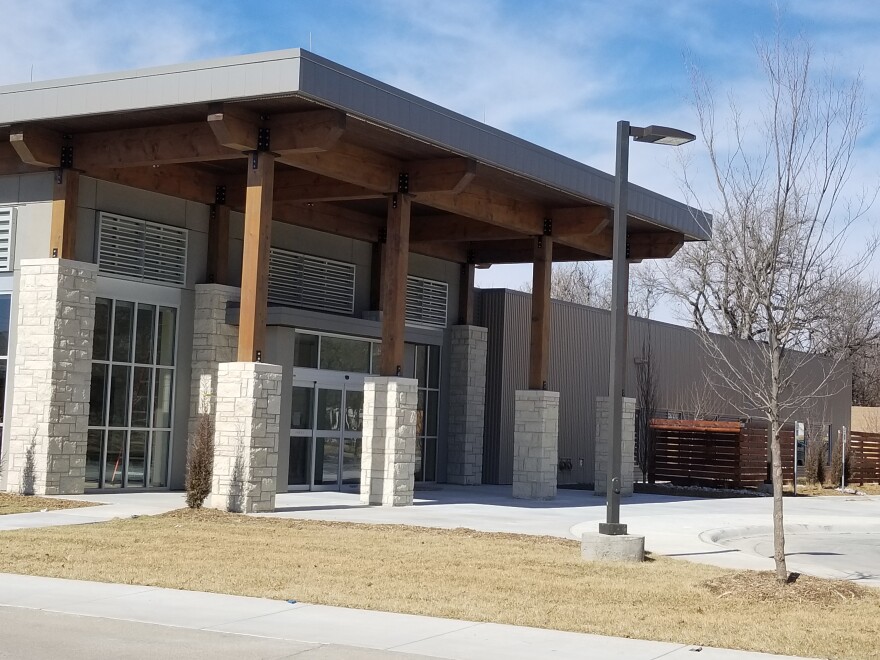Safety net health care clinics around Wichita are adapting to the growing public concern over COVID-19.
J.V. Johnston, executive director of Guadalupe Clinic, said the unease can be difficult to mitigate.
“We have patients that are in panic mode,” Johnston said. “They have the flu or strep throat, and they think they have COVID-19. And they’re scared.”
As of Thursday afternoon, Sedgwick County had 16 confirmed cases of the novel coronavirus.
If you call Guadalupe’s main line, you’ll be directed to call United Way’s 211 helpline if you’re experiencing a fever, cough or shortness of breath. Johnston said that the clinic is screening calls out of necessity.
“If [someone with COVID-19] comes in and infects all of our staff, we don’t have enough masks,” Johnston said. “We’ve got less than a dozen.”
Guadalupe Clinic does not have access to test kits for the coronavirus. The clinic is the only freewill donation clinic in Wichita.
Hunter Health Clinic, which operates on an income-based level, has limited access to tests. CEO Amy Feimer said that while more than 100 patients have been evaluated, it has only tested 18 of them for COVID-19, all of which were negative.
“Just because we’ve only tested a percentage of the population doesn’t mean that the other percentage is being ruled out,” Feimer said. “We are following KDHE guidelines, which have gotten tighter and tighter due to the lack of testing supplies.”
Hunter Health has formed a team of nurses who are taking calls from people with concerns about their symptoms to help them determine whether a visit is necessary. If someone is presenting severe symptoms, they’ll be instructed to come into the clinic through a separate entrance.
The clinic is also expanding its telehealth options and calling people with previously scheduled appointments to see whether they still need them or whether they’d like to push their appointment forward.
“It’s interesting how quickly some plans can come together in an emergency,” Feimer said.
Free and income-based clinics face challenges beyond the immediate threat of COVID-19 overload: The economic implications of the outbreak will have long-term effects on public access to health care.
“We’re preparing for the after,” Johnston said. “For all the unemployed or low-income people who are just trying to put food on the table … we’re preparing to take care of their health care needs after [the coronavirus] is gone.”



